Bloomberg The air quality in New Delhi on November 3rd has dropped to a terrible level, forcing authorities to suspend classes and ban some construction activities. The concentration of fine particulate matter (PM2.5) was 523 mg/ m3 , 104 times higher than the healthy threshold set by the World Health Organization (WHO). This type of fine dust, which is 30 times smaller than a strand of hair, can enter the bloodstream through the lungs with prolonged exposure and has been linked to chronic heart disease and respiratory diseases.
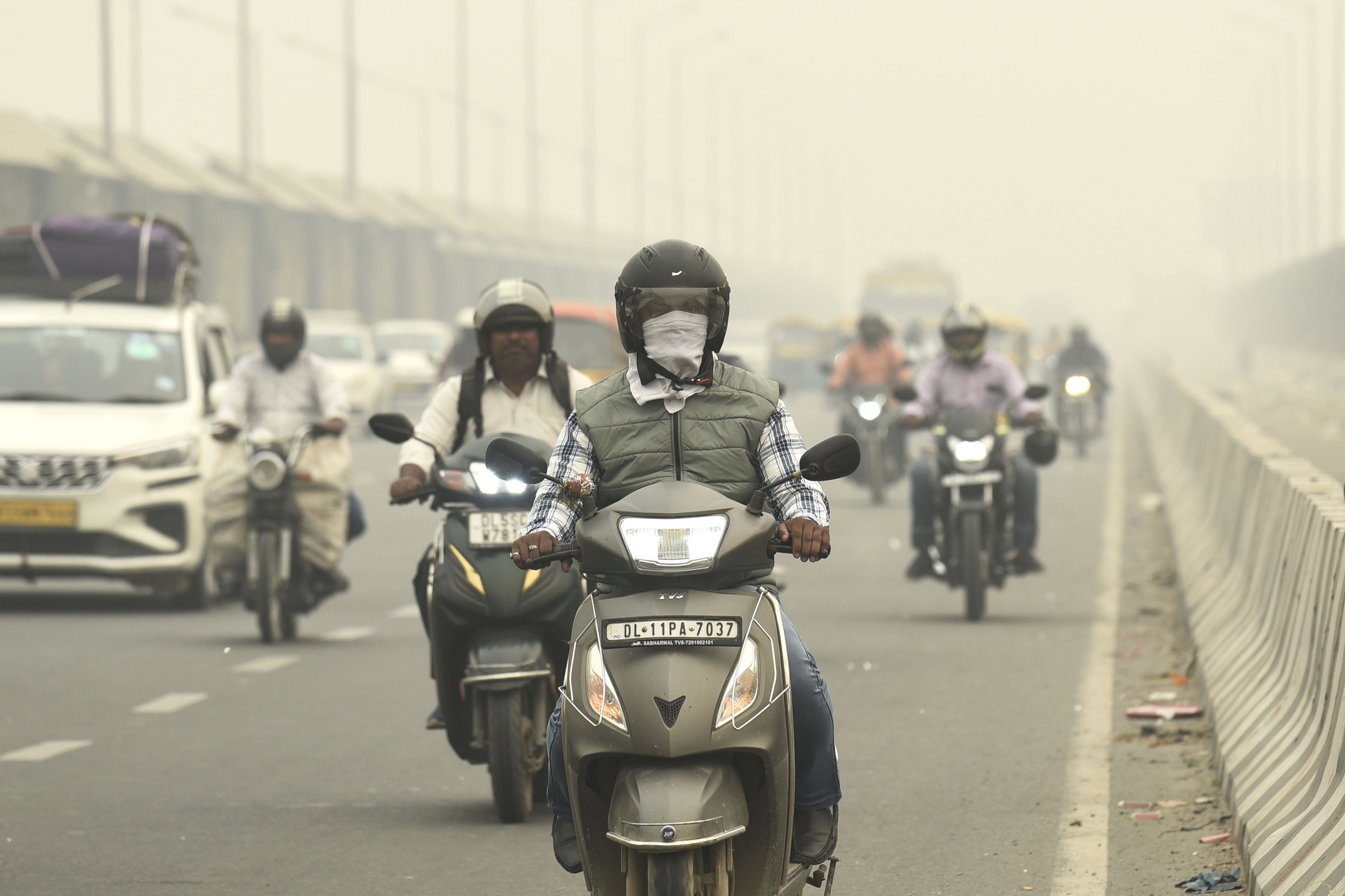
People circulate on the streets of New Delhi on November 3.
Air quality in the Indian capital has deteriorated over the past week due to the burning of fields by farmers in the neighboring states of Haryana and Punjab. The smoke has blown across, turning the skies gray and forcing people to wear masks. Other sources of pollution include vehicle emissions, construction, and burning of garbage at waste treatment plants.
Meanwhile, monitoring firm IQAir said that with the air quality index in some areas reaching 565, New Delhi was the most polluted city in the world on the morning of November 3.
School is closed for the rest of the week and non-essential construction work is banned. Doctors in the city say they are seeing the effects of air pollution on residents, with a rise in patients suffering from respiratory problems, along with symptoms such as coughs, colds, sore eyes and difficulty breathing, according to The Guardian .
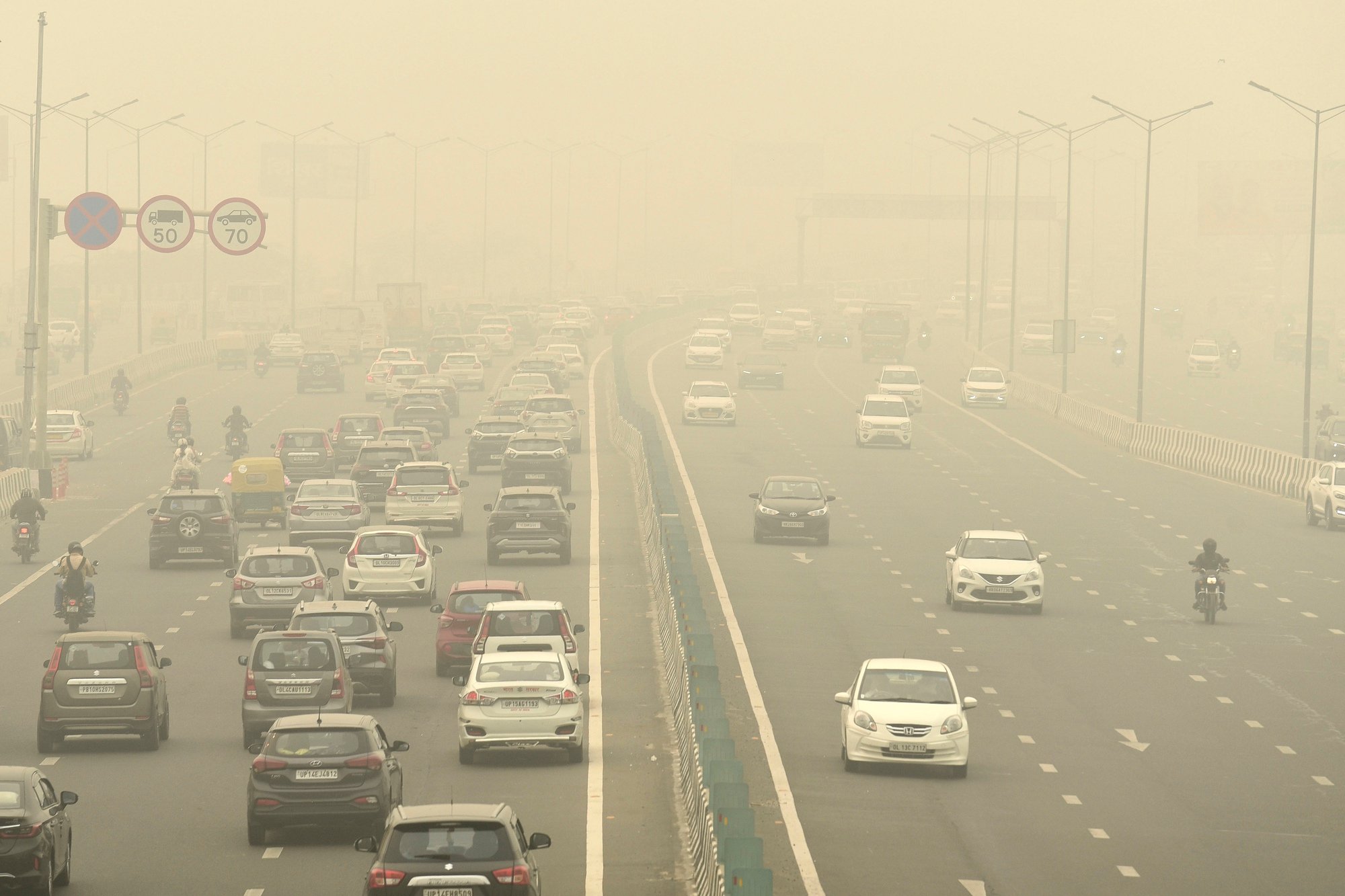
Air pollution and smog covered New Delhi on November 3.
The New Delhi government has implemented an action plan with measures such as sprinkling water on roads to reduce dust and building two towers to clean the air. Each tower costs more than $2 million, but scientists say the measures are almost ineffective. The government also banned some gasoline and diesel vehicles and will impose a fine of 20,000 rupees (5.9 million VND) for violations, according to AP.
New Delhi, home to about 33 million people, is regularly ranked among the world's most polluted cities. The University of Chicago's Energy Policy Institute estimates that Delhi residents could lose nearly 12 years of their life expectancy due to poor air quality.
Source link










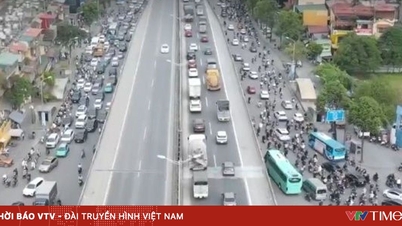









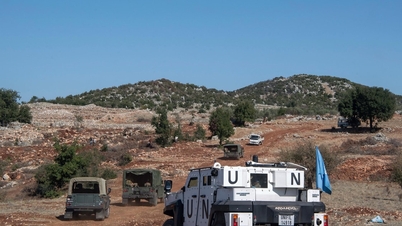




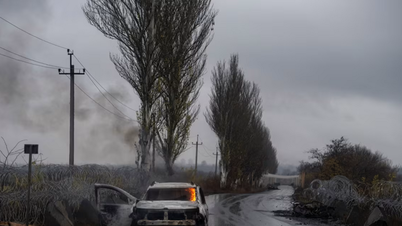


















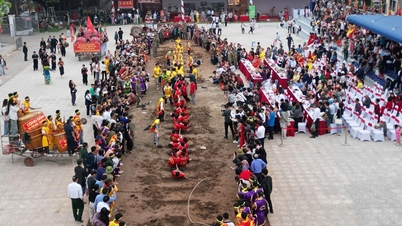















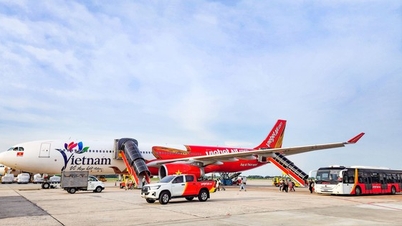

















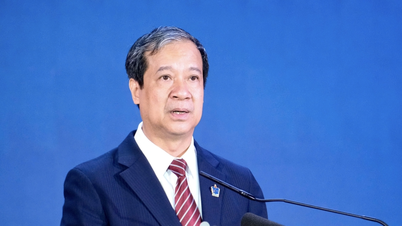






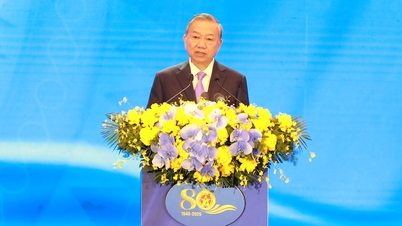










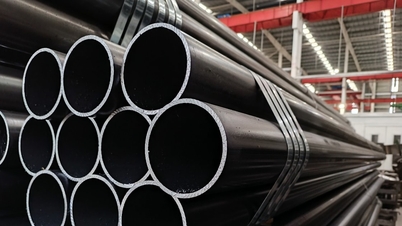




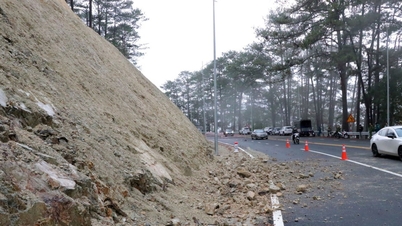













Comment (0)